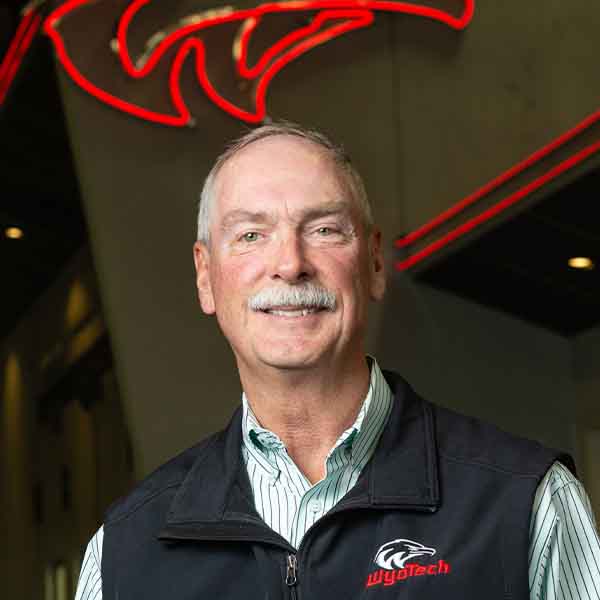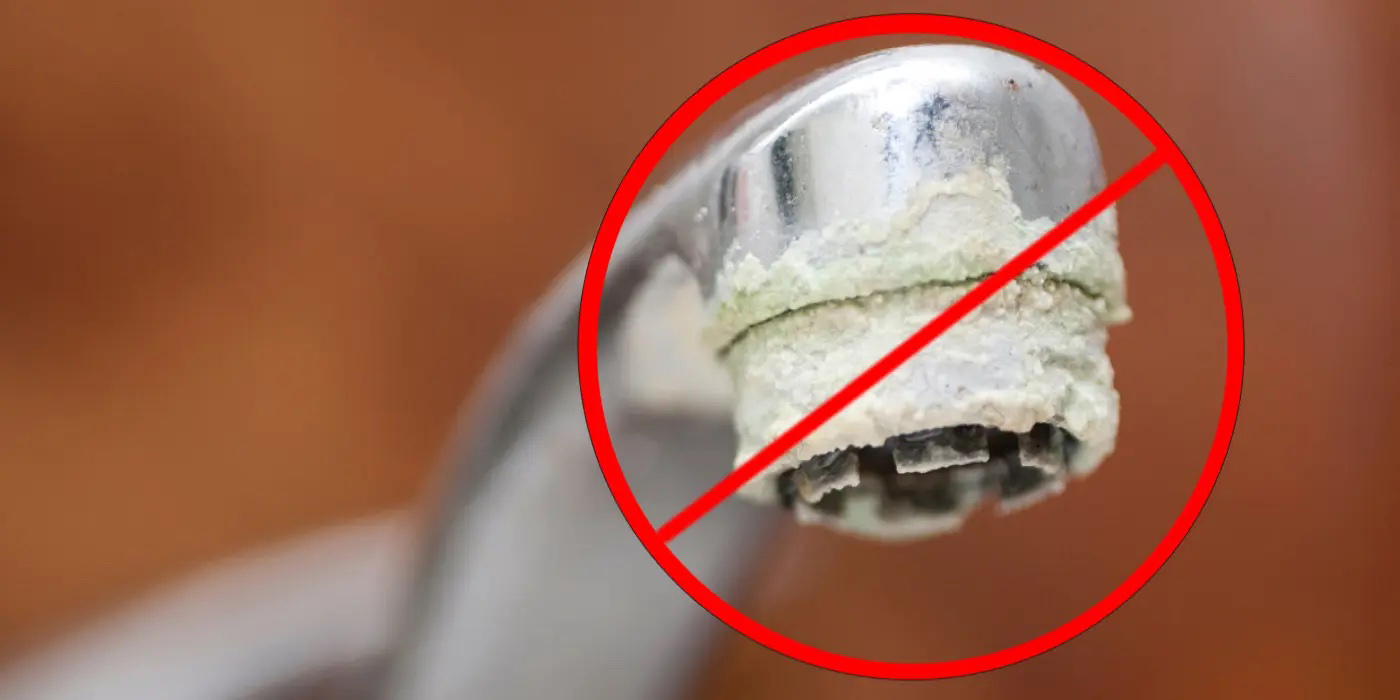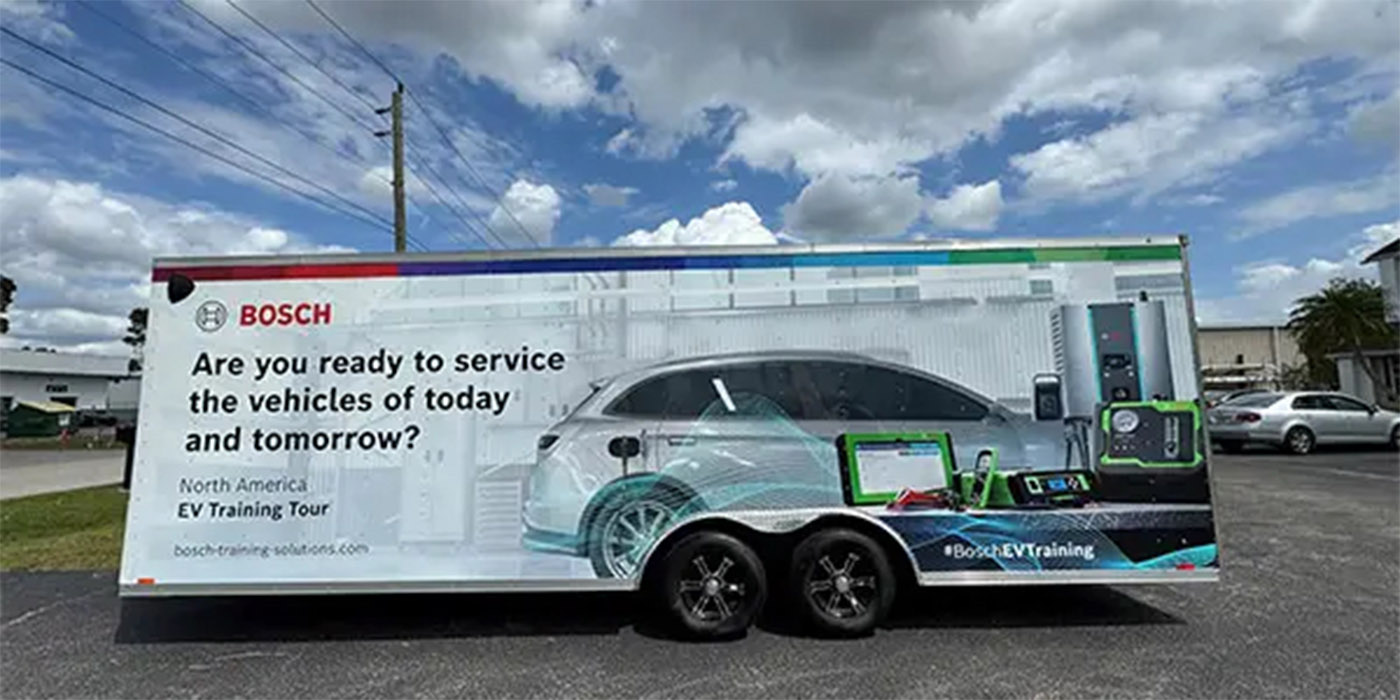The American Transportation Research Institute (ARTI) named the ongoing diesel technician shortage as a top concern of 2022. This is especially worrying when considering estimations made by the U.S. Bureau of Labor Statistics predict that over 28,000 openings for diesel service technicians and mechanics will surface annually for the next 10 years. WyoTech, a leading diesel technician and auto mechanic school in Laramie, WY, is aiming to not only change the narrative of trade school education but also highlight its importance to the workforce.
In this Q&A, President Jim Mathis discusses the current shortage of skilled labor workers, what WyoTech is doing to assist the industry, and how trade schools can partner with companies to provide employees.
- How does the current auto mechanic shortage tie into the larger issue of the skilled labor shortage in the U.S.? Similar to many of the trades in America, we have more skilled labor retiring and exiting the trades than we have younger folks entering those fields. Not only are we seeing people retire from the trades, the demand is higher than decades past, making the situation complex and dire.
- What is WyoTech doing, in terms of education, to help with this shortage? WyoTech is hyper-focused on nine-month programs to prepare tradesmen and women for entry-level positions at minimum. Our programs are structured with a full-time, eight-hour-a-day curriculum model supporting the industry with talent faster than a two-year or four-year school may offer.
- How does a trade school education differ from that of a four-year college? What do you think is the main differentiator? Focused, job-ready skill development. Unlike four-year options, WyoTech is only nine months, offering more credit hours in those nine months than most two-year programs. Our education has a focused approach in training mechanics to be job-ready in nine months with the skills they need for entry-level work. This allows our graduates an opportunity to enter the workforce three years faster than a four-year education. This generates less student debt. Additionally, our graduates will have three years’ industry experience by the time their four-year peers even enter the workforce, also as entry-level talent. Our students should be seeing the financial value of having three-plus-years experience.
- What are some benefits trade schools offer that four-year colleges lack? Focused training. The four-year model requires at least two years of exploratory programming before a student has an opportunity to then focus less than two years on the major of their choice. Trade schools move much quicker than four-year schools, so the content and relevancy can shift and adjust quickly, whereas curriculum shifts at universities can take much longer.
- Why do you think prospective students are still skeptical about a trade school education? This country has seen its ebbs and flows in views on why the trades are valuable. For many decades, there seems to have been a perception by families that a four-year education was the only way to prosperity. With COVID shedding light on the pandemic and recession-proof careers, trades are being looked at as another path to prosperity. At the end of the day, we want families to choose the right path of prosperity for their kids. If you want to be a doctor, dentist or history teacher, the university path is for them. If coding, fixing vehicles, working with your hands, etc., is where your kids have passion, find a focused school that will give them relevant training to be job-ready in less than four years.
- What efforts should be made to put this skepticism to rest? COVID showcased the value of trades and the current student debt crisis highlights that the current model of education is not sustainable for American family prosperity. My advice is for families to look at all education options available and marry that with the goals of your student. Trades are not for everyone, and neither is a four-year school. The truth is, prosperity may be found in both, and life is too short not to get trained in what you will enjoy doing.
- How important to the automotive/diesel industry is it to carve out partnerships with trade schools, such as WyoTech, to increase the workforce? This highly depends on the demand. Transportation companies across the globe are in need of talent. Companies have an opportunity to work with WyoTech in donating equipment to work on, scholarships to students, tuition reimbursement opportunities for students who decide to work for those companies. Our program advisory committees also offer a great full-circle feedback loop on skills that need to be incorporated into the curriculum based on what is happening in shops across the nation. WyoTech has quarterly career fairs on campus for students to get a good idea of their opportunities after graduation. Our last career fair brought in over 70 employers from across the nation with openings all over the country. Continued presence with our students is the best way to engage their recruitment pool over time.
For more information about WyoTech’s automotive schooling and diesel technician programs, please visit https://www.wyotech.edu.





